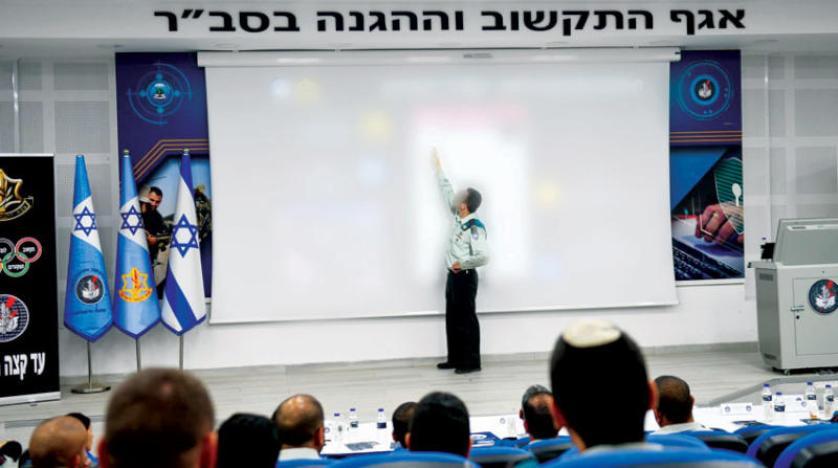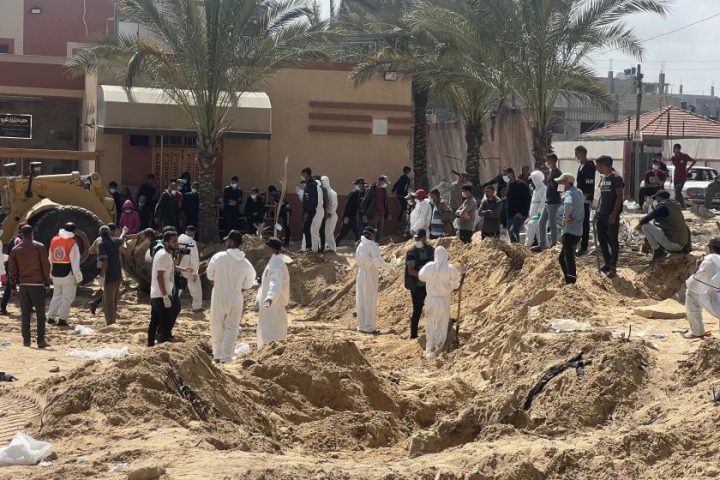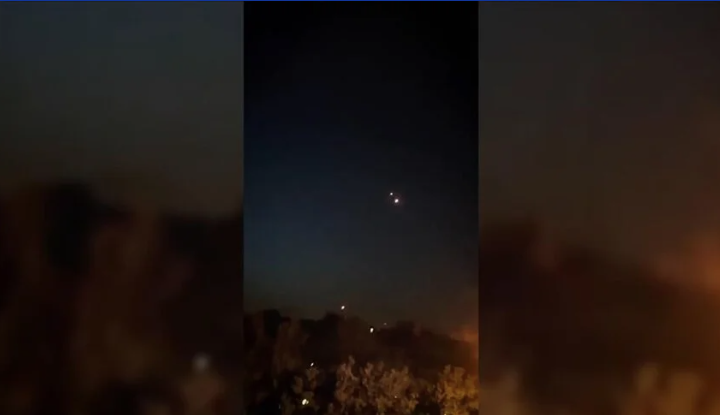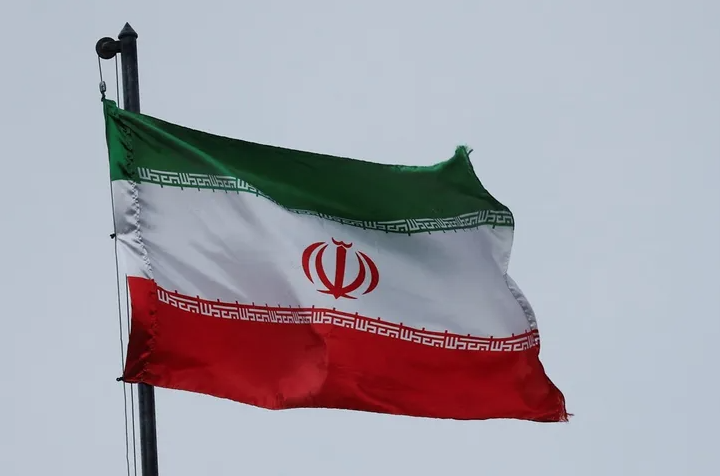More soldiers work in the Israeli army’s cyber units than in the Mossad and Shin Bet
The heads of the Cyber Defense Unit and the Cyber Attack Unit of the Israeli army have announced that the war in cyberspace between Israel and Iran is considered a major war without precedent in the world and in history in terms of size and content.
Beginning in 2013 and continuing to this day, the war has become increasingly complex and uneven, with Israel being the most powerful party, the two Israeli officials said, while acknowledging that their country does not underestimate the enemy (Iran) because it is evolving. Colonel Uri Stav, Deputy Head of the Israeli army’s SIGINT National Unit (Unit 8200) in charge of cyber-attacks, and Colonel Omer Grossman, Deputy Head of the same unit in charge of cyber-defense, both veterans with PhDs in the field and expecting to retire soon, said that Iran is providing support to militia groups such as Hezbollah in Lebanon, Iraq, Syria and elsewhere, as well as the Islamic Jihad Movement and Hamas in Palestine, and is developing its warfighting capabilities in cyberspace. They affirmed that Iran aims to destroy Israel in cyber warfare as well as to destroy it.
According to Stav, Iran was able to hack into Israel’s water distribution system, causing the water to be cut off for several hours. Iran even remotely tried to poison the water, Stav said, adding that the attack was repulsed and met with a fierce response. Stav said that the response paralyzed train, ship and airplane traffic in Iran. Stating that Iran is still far away from Israel’s performance in terms of performance using sports concepts, Stav said, “We are in a different league in a different sport. They are trying to play on our field, but they can’t do it.” Stating that the unit was established with five people, including a secretary and a driver, Stav said, “Today, we have become the largest military unit. There are more soldiers and officers than the total number of employees and agents in Mossad (Israel’s foreign intelligence organization) and Shin Bet (Israel’s general intelligence organization).”
The two units operating in the cyber field in the Israeli army were established 11 years ago as an emergency room. In its first year of operation, in 2014, after doubling its staff, it detected the first major cyber-attack by Iran, Hamas and Islamic Jihad during Israel’s military operation against Gaza, dubbed the ‘Protective Edge’. Around the same time, the Iranian-backed cyber-attack group known as the ‘Syrian Electronic Army’ (SEO) managed to hack the Twitter account of the Israeli army spokesperson, according to information obtained by Shark al-Awsat. The hackers posted a message on the hacked account that read “Warning: After two missiles hit the Dimona Nuclear Reactor, there may be a nuclear leak in the area,” the hackers wrote. However, Israel managed to retrieve the account within minutes.
Although some news about this cyber war was published in the press, it did not attract much attention at the time. However, experts have done a lot of research on the subject. Colonel Gabi Siboni, Director of the Cybersecurity Program at the Institute for National Security Studies (INSS) in Tel Aviv, said during Iran’s Operation Protective Edge that this development in cyberspace could be the beginning of a process in which cyber space will replace classical terrorism as a central tool in Iran’s asymmetric war with Israel. “The danger is that the enemies of Israel will be able to hit home with cyber attacks,” Colonel Siboni said, adding that Iran is rapidly and skillfully approaching ‘closing the gap’ between itself and Israel in the field of cyber technology. The commander of the cyber unit said:
“We cannot be naive. Iran is constantly looking for loopholes in the Israeli army’s defense shield, as well as in the cyber domain. I think that in the coming wars, especially in the north, cyber capabilities will be more important than in previous wars. In terms of magnitude, cyber attacks like the Egyptian attack on Yom Kippur (1973 Arab-Israeli War) could happen. But we are more ready than ever to repel and respond to such attacks.”
Israeli army cyber units are known to cooperate extensively with the US National Security Agency (NSA).





